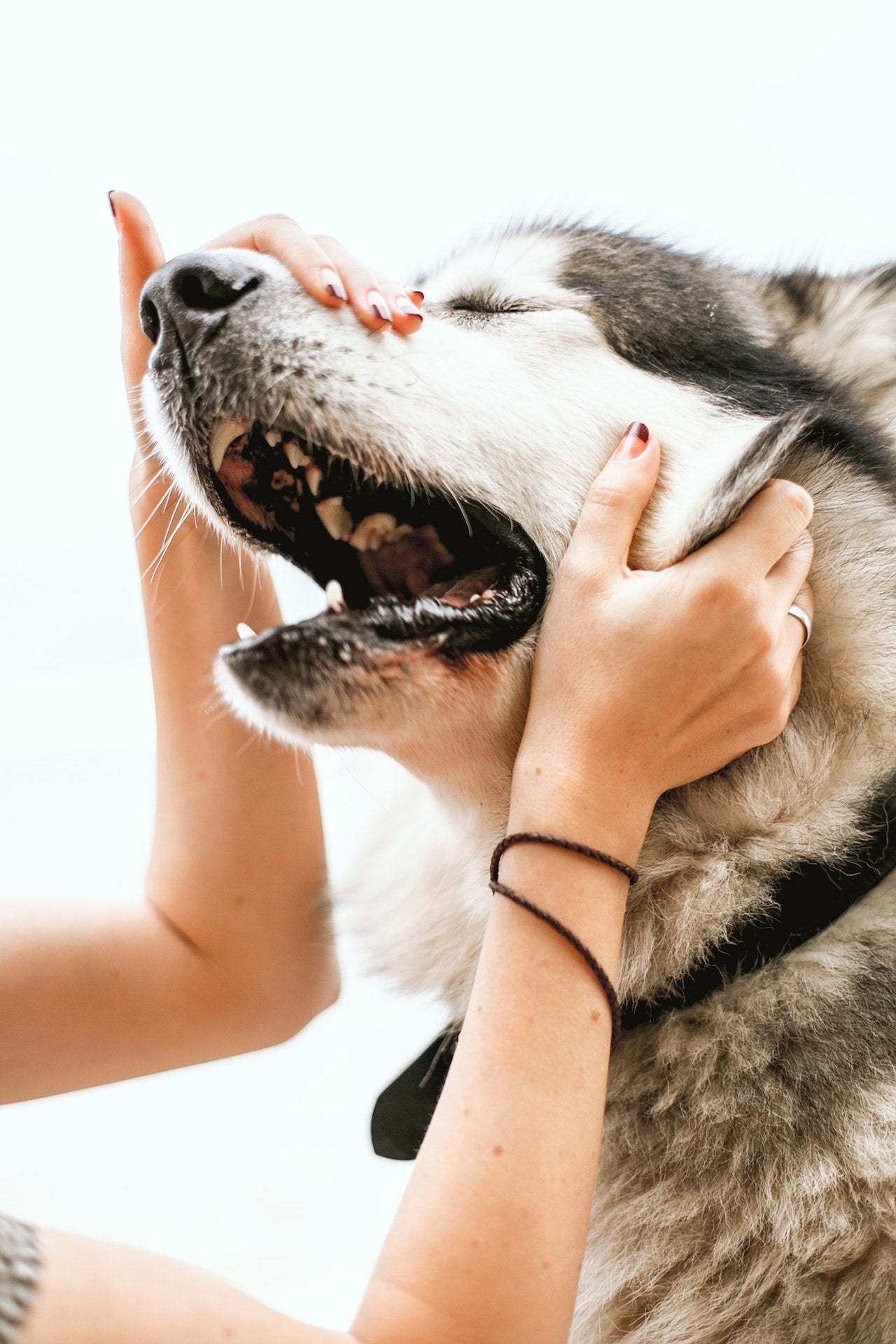Can dogs eat quinoa?
Quinoa is a well-liked "superfood" that is well-known for the large amount of protein it contains as well as the multiple health advantages it provides. But can dogs eat quinoa safely? In a nutshell, the answer to your question is yes, providing that you feed your dog quinoa in moderation, it may be a healthy and nutritious supplement to their diet. However, it is essential to begin consuming quinoa in a gradual manner and to adhere to the appropriate portion sizes in order to prevent any potential stomach troubles.
What is Quinoa?
The grain known as quinoa originates in South America and is made from the quinoa seed. Quinoa can also be eaten as a seed. It contains a significant quantity of protein, fibre, and a wide range of important elements, such as iron, magnesium, and the B vitamins. In addition, quinoa is an excellent source of the antioxidants that can contribute to maintaining a healthy immune system.
Can dogs eat quinoa?
Quinoa is a popular grain that is known for its high protein and nutrient content, but can dogs eat quinoa? The short answer is yes, dogs can safely eat quinoa as part of a balanced diet. However, it's important to introduce quinoa to your dog's diet in moderation and to consider any potential allergies or sensitivities your dog may have. Quinoa is also considered a complete protein, meaning it contains all nine essential amino acids that dogs need for proper growth and development.
Benefits of quinoa in dog’s diet
While quinoa can be beneficial for humans, it is not a necessary part of a dog's diet. Dogs do not require grains in order to meet their nutritional needs, as they are carnivorous animals that do well on a diet consisting primarily of animal protein. However, quinoa can be a good source of nutrients for dogs and can be included as part of a balanced diet in moderation.
Before adding quinoa to your dog's diet, it's important to consider any potential allergies or sensitivities your dog may have. Some dogs may be allergic to quinoa or other grains, and introducing a new food to your dog's diet can cause gastrointestinal upset or other adverse reactions. It's also important to consider the size and age of your dog when introducing quinoa, as smaller dogs may have difficulty digesting large amounts of grain.
If you're considering adding quinoa to your dog's diet, it's best to start with a small amount and gradually increase the amount over time. You can add cooked quinoa to your dog's regular food, or you can use it as a topping or mix-ins for homemade dog treats. It's important to remember that quinoa should not make up the majority of your dog's diet, and it should be used in conjunction with other high-quality, nutrient-rich foods.
When feeding quinoa to your dog, it's important to make sure it is cooked thoroughly and cooled to room temperature before serving. Undercooked or uncooked quinoa can be difficult for dogs to digest and may cause gastrointestinal upset. It's also important to avoid seasoning the quinoa with any spices or herbs that could be toxic to dogs, such as onions, garlic, and chives.
Considerations
Despite its many health benefits, quinoa should not be the main source of protein in a dog's diet. Dogs require a diet that is primarily made up of animal-based protein, such as meat, poultry, and fish. Quinoa can be a good supplemental source of protein for dogs, but it should not replace more nutrient-rich sources of protein in their diet. When introducing quinoa to a dog's diet, it's important to do so slowly and in small amounts. Start by adding a small amount of cooked quinoa to your dog's regular meals and gradually increase the amount over a period of a few days to a week. This will give your dog's digestive system time to adjust to the new food and reduce the risk of any digestive issues. It's also important to remember that quinoa should be cooked before it is fed to dogs. Raw quinoa may contain compounds that can be difficult for dogs to digest, and cooking it will help to make it more easily digestible. Quinoa can be cooked in water or broth, and it can be served plain or mixed with other ingredients, such as vegetables and meat. When serving quinoa to your dog, it's important to follow proper serving sizes to avoid overfeeding. The recommended serving size for quinoa is about one tablespoon per 20 pounds of body weight. For example, a 50-pound dog should be given about 2.5 tablespoons of cooked quinoa per day. It's also important to remember that quinoa should not make up more than 10% of a dog's diet.
While quinoa can be a healthy and nutritious addition to a dog's diet, it's important to remember that every dog is different and may have different nutritional needs. If you're considering adding quinoa to your dog's diet, it's a good idea to consult with your veterinarian or a qualified pet nutritionist to determine the right serving size and frequency for your dog.
Concluding Words
In conclusion, it is safe for dogs to consume quinoa in moderation as long as it is part of a complete and balanced diet. Quinoa is a valuable addition to a dog's diet in that it provides protein, fibre, and important elements; nevertheless, it is not required for a dog to consume quinoa. When considering whether or not to include quinoa in your dog's diet, it is essential to first take into account the possibility that your pet may have food allergies or sensitivities, and then to begin feeding your dog only a little quantity at first, gradually increasing the serving size over time. When giving quinoa to your dog, check that it is fully cooked, allow it to come to room temperature, and stay away from seasoning it with any herbs or spices that could be harmful to your pet.


